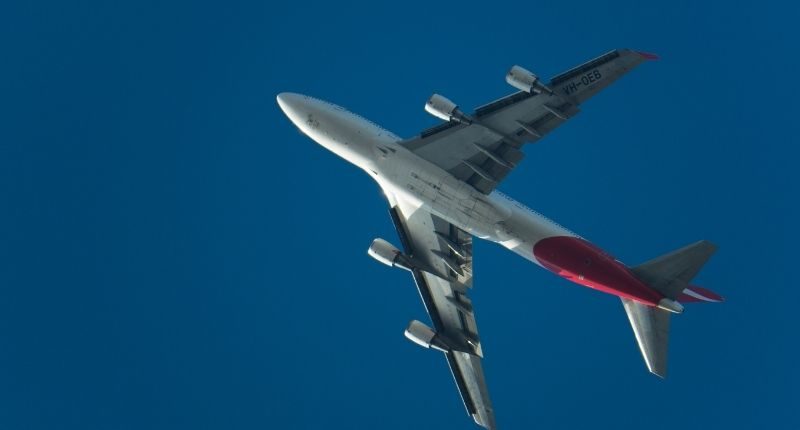- Trans-Tasman bubble began on Monday
- Possible bubbles with Japan, Singapore and Taiwan, all international student markets
- Melbourne suburbs near universities saw their rental prices drop 30%
The Trans-Tasman travel bubble, which began on Monday, 19 April, enables quarantine-free movement between Australia and New Zealand.
The travel bubble has been exciting news for many families and friends who have not seen each other for a year and can now do so, as well for those eager to get an overseas fix.
However, Maria Milillo, the National Manager for Operations and Property Management for Raine & Horne Group, has warned that the bubble sets the stage for a stronger rental market.
“There are particular rental pockets around the country that the closure of international borders has impacted severely.
“From the thousands of young travellers typically spending a gap year in sunny Bondi Beach to the suburbs close to universities with abundant student accommodation, border closures have caused vacancy rates to rise and lower returns for some investors.”
Maria Milillo, Raine & Horne Group
Ms Milillo’s comments come as Qantas is urging the government to allow for travel bubbles with low COVID infection rates such as Singapore, Taiwan and Japan.
All three countries are among the top 20 sources of international students for Australia. Before the border closure, education was Australia’s third-largest export after iron ore and coal, a factor the federal government would probably have taken into consideration with any re-opening.
Paul Spanoudakis, the Principal of Raine & Home Maroubra, said the border closure had significantly impacted the rental markets around the University of New South Wales.
He argues travel bubbles will be positive for property investors who have properties in the eastern suburbs of Maroubra, Kensington, Kingsford and Randwick.
“Borders opening up with New Zealand won’t have a significant impact on rental; however, arrangements with Asian countries that have managed COVID positively would be beneficial news for local investors with properties near the University of NSW.
“Moreover, with Australia’s record on COVID, it’s fair to expect more international students will want to come to our universities, which is excellent news for landlords.”
Paul Spanoudakis, Principal of Raine & Home Maroubra
In Victoria, suburbs around the University of Melbourne and RMIT saw weekly rents drop by 30% since the border closure.
Kasey Lawerence, the Head of the Rental Department at Raine & Horne Brunswick, believes this situation would change rapidly if bubbles were formed with key Asian overseas students’ markets.
“Any travel bubbles with Asian countries with low infection rates would 100% help rental markets in inner-city suburbs such as Brunswick, Coburg, Carlton and Fitzroy. Most of our overseas students come from Asia, so this is a move that will meet with landlord approval.”
“We have rental properties that are set up solely for the overseas student market, and they have been vacant for months. But once borders reopen, this situation should change relatively rapidly.”
Kasey Lawerence, Raine & Horne Brunswick








